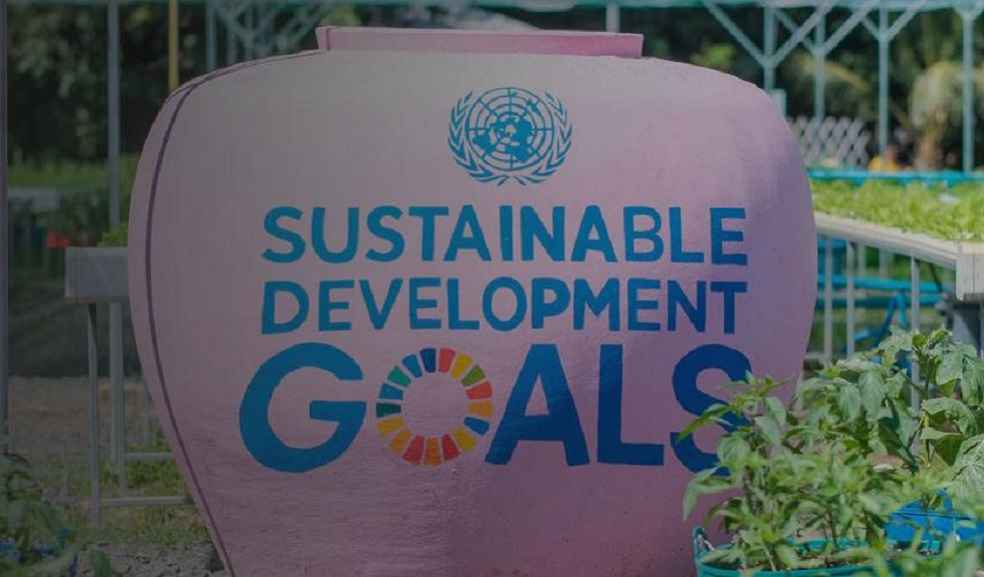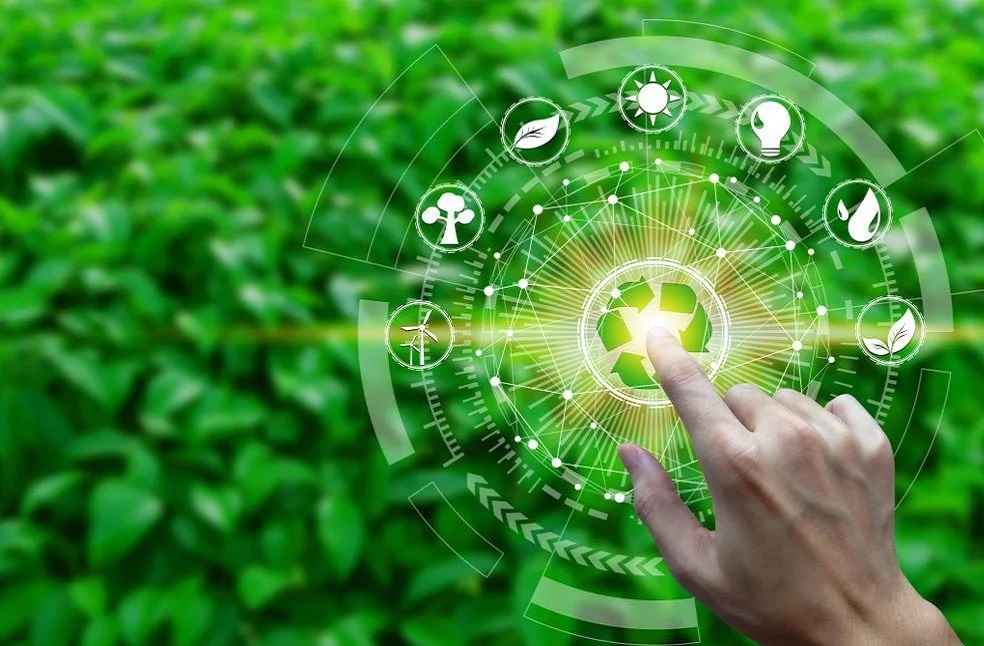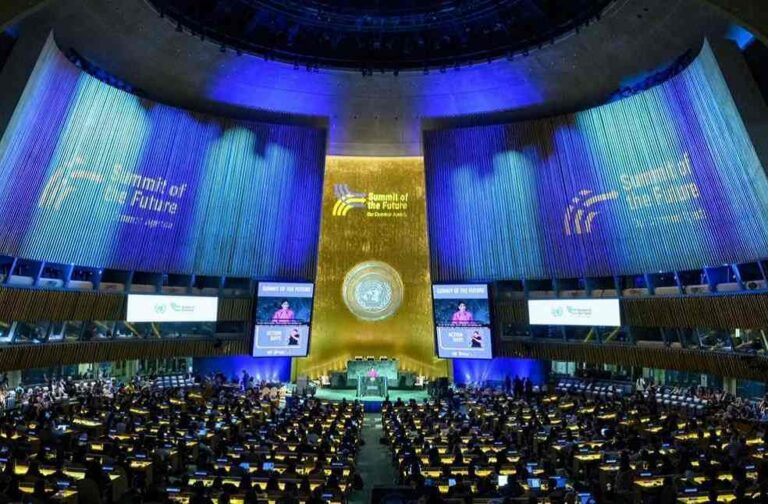At the 79th United Nations General Assembly, world leaders have agreed on a new global commitment called the ‘Pact for the Future’. This pact aims to address global challenges through international cooperation, and one of its main goals is to develop global sustainable trade system.
A key part of the pact, known as Action 5, focuses on helping developing countries grow through trade by giving them better access to global markets. This approach is seen as crucial to achieving the Sustainable Development Goals (SDGs), which include reducing poverty, improving health, and protecting the environment.
Linking Trade to Climate Goals
Aligning trade policies with climate goals is a major focus of the new pact. The United Nations Conference on Trade and Development (UNCTAD) stresses that countries should integrate their trade strategies with climate commitments under the Paris Agreement.

This means promoting economic growth while also taking action to fight climate change. Sustainable trade can support both economic progress and environmental protection.
The Role of Minerals and Climate Rules
As the world shifts towards cleaner energy, critical minerals like lithium, cobalt, and nickel have become essential for technologies like renewable energy systems and digital infrastructure. Countries like the Democratic Republic of the Congo and Chile have significant reserves of these minerals.
However, relying mainly on exporting raw materials makes these countries vulnerable to changes in global prices. To counter this, experts say these nations should focus on adding value to their resources and diversifying their economies to create more local benefits and reduce environmental harm.

At the same time, climate-related regulations are changing global trade. For instance, the European Union’s new Carbon Border Adjustment Mechanism aims to cut carbon emissions but also brings challenges for countries with less efficient, high-emission production processes.
Such rules could hurt the competitiveness of the least developed countries and small island nations that depend heavily on trade. To address these challenges, a global effort is needed to provide financial and technical support to help these nations reduce emissions and stay competitive.
The Pact for the Future represents a commitment to building a global trade system that not only boosts economic growth but also protects the planet, ensuring sustainable and fair opportunities for all.
MOST READ | UAE-Korea Trade Report Reveals Economic Strengths and Expanding Industry Ties



